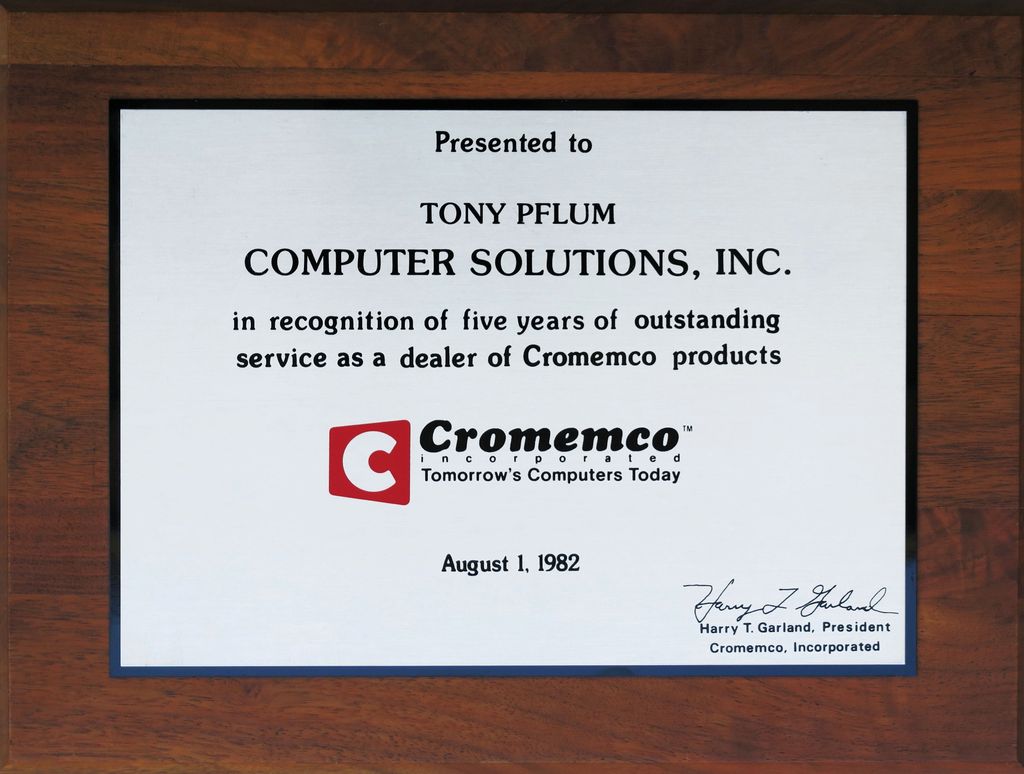Collecting outstanding fees is crucial for retailers in the electrical products industry. Not only does it help maintain a healthy cash flow, but it also ensures that retailers are compensated for their products and services. In this article, we will explore the importance of collecting outstanding fees and discuss strategies and legal considerations for retailers in this process.
Key Takeaways
- Collecting outstanding fees is essential for maintaining a healthy cash flow and ensuring fair compensation for retailers in the electrical products industry.
- Outstanding fees can have a significant impact on retailers, leading to financial difficulties and potential loss of revenue.
- Implementing effective strategies such as clear payment terms, timely reminders, and offering incentives can help retailers collect outstanding fees more efficiently.
- Understanding consumer protection laws is crucial for retailers when collecting outstanding fees to ensure compliance and avoid legal issues.
- Retailers have various enforcement options available to them, including legal action, debt collection agencies, and credit reporting.
The Importance of Collecting Outstanding Fees
The Impact of Outstanding Fees on Retailers
Outstanding fees can have a significant impact on retailers. When customers fail to pay for their purchases, it creates a financial burden for the business. Retailers rely on these fees to cover expenses and maintain profitability. Without prompt payment, retailers may struggle to meet their financial obligations and keep their operations running smoothly.
Strategies for Collecting Outstanding Fees
When it comes to collecting outstanding fees, retailers can employ various strategies to ensure timely payments. One effective approach is leveraging technology to streamline the collections process. By implementing advanced technology collections systems, retailers can automate payment reminders and track overdue accounts. This not only saves time and effort but also improves the chances of successful fee recovery.
Legal Considerations for Collecting Outstanding Fees
Understanding Consumer Protection Laws
When it comes to collecting outstanding fees, it is important for retailers to understand consumer protection laws. These laws are in place to ensure fair treatment of consumers and to protect their rights. Retailers must be aware of their obligations and responsibilities when it comes to collecting fees from customers.
Enforcement Options for Retailers
It is vital for retailers to consider enforcement options when dealing with unpaid invoices. Utilizing an effective third-party collection partner can help prevent these accounts from becoming write-offs. By working with a skilled team, retailers can ensure that their distressed Accounts Receivable continue to perform. Some key benefits of working with a collection partner include:
- Licensed, Bonded, and Insured
- 24/7 Online Account Access
- Fast Remittances & Electronic Payments
- Unparalleled Results and Performance
Retailers can expect the collection process to involve several phases, including daily phone calls, demand letters, skip tracing, settlement negotiations, and dispute resolution. It is important to carefully consider the best course of action, as litigation may be recommended in some cases. However, if the possibility of recovery is not likely, closure of the case may be recommended.
When it comes to collecting outstanding fees, there are several legal considerations that businesses need to keep in mind. It is important to understand the laws and regulations surrounding debt collection to ensure compliance and avoid any legal issues. One key consideration is the Fair Debt Collection Practices Act (FDCPA), which sets guidelines for how debt collectors can interact with debtors. Another important aspect is understanding the statute of limitations for collecting debts, as this varies depending on the type of debt and the jurisdiction. Additionally, businesses should be aware of any licensing requirements or restrictions when engaging in debt collection activities. To navigate these legal considerations successfully, it is advisable to seek the expertise of top B2B collection agencies. Request a quote for expert debt collection services from our website and let us help you recover your outstanding fees.
Frequently Asked Questions
What are outstanding fees?
Outstanding fees refer to the unpaid charges or debts that retailers are owed by their customers for electrical products or services.
Why is it important for retailers to collect outstanding fees?
Collecting outstanding fees is crucial for retailers as it ensures they receive payment for their products or services, which helps maintain their cash flow and profitability.
What are the consequences of not collecting outstanding fees?
Not collecting outstanding fees can negatively impact retailers’ financial stability, as it can lead to cash flow problems, increased debt, and potential business closures.
What strategies can retailers use to collect outstanding fees?
Retailers can employ various strategies, such as sending reminders and payment notices, offering incentives for early payment, implementing late payment penalties, or seeking legal assistance if necessary.
Are there any legal considerations when collecting outstanding fees?
Yes, retailers need to be aware of consumer protection laws and regulations that govern debt collection practices. It is important to ensure compliance to avoid legal issues.
What enforcement options do retailers have for collecting outstanding fees?
Retailers can take legal action, such as filing a lawsuit or hiring a debt collection agency, to enforce the collection of outstanding fees. However, it is advisable to consult with legal professionals before pursuing such actions.





